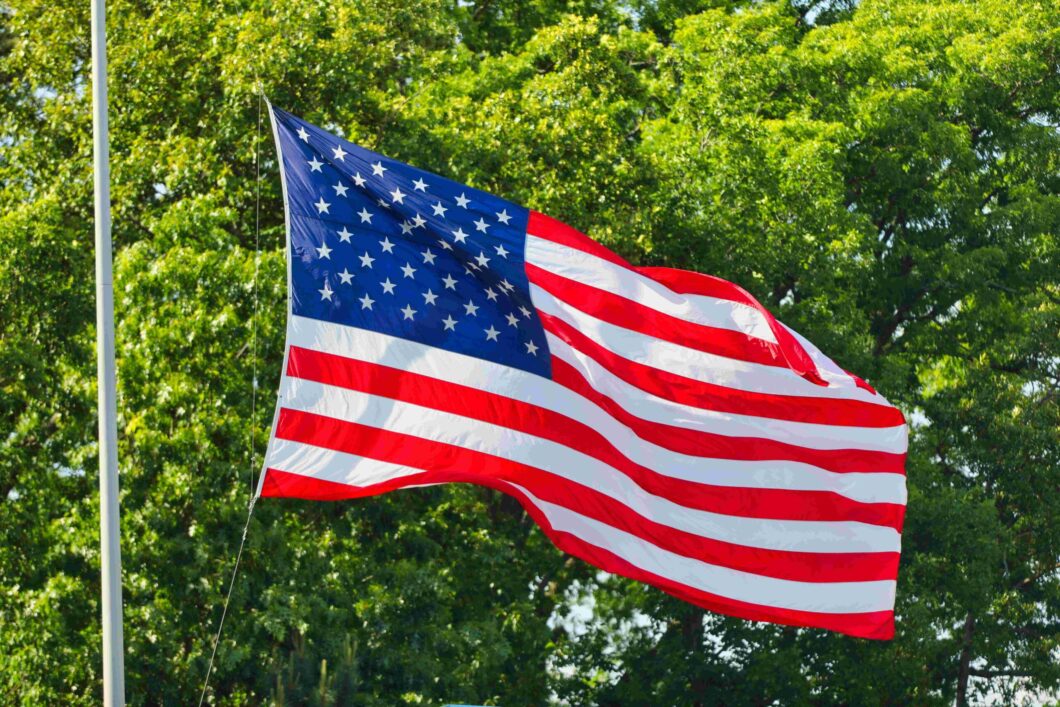
Football World Grapples With Response to Israel-Palestine Conflict
The recent wave of violence in Israel and Palestine has sent ripples through the football world, sparking debates and discussions on how the sport should respond to the ongoing crisis. England’s decision to hold a minute’s silence and wear black armbands during their match with Australia has brought attention to the intersection of sports and geopolitics. However, the choice not to illuminate the Wembley arch in the colors of Israel has generated controversy and criticism.
As the conflict escalates, questions have arisen about how football authorities and players should express their solidarity with the victims of violence. Some have argued that a visible display, like lighting up iconic structures or changing avatars on social media, can be a powerful means of showing support. Yet, there are concerns about the backlash and potential political implications, particularly regarding Israel’s ongoing World Cup qualifier against Palestine.
The football community is grappling with balancing humanitarian concerns with the inherent complexities of the Israel-Palestine conflict. While football has previously shown solidarity in the face of acts of terrorism, such as the lighting of the Wembley arch in the colors of the Ukraine flag following Russia’s invasion, the current situation has exposed the delicate nature of political gestures in the sport.
The controversy over England’s decision highlights the need for a thoughtful and unified approach by football authorities, clubs, and players when responding to geopolitical events. While it is essential to condemn violence and express sympathy for the victims, the potential implications of such gestures must also be considered. The debate continues, with the football world searching for the right way to convey support and empathy for those affected by the conflict.






